fib Young Members Group Podcast Series
Rising stars podcast series - Episode 5 - Dr. Irene Josa, lecturer at the University College London, United Kingdom
Jun 02, 2025
Season 2
Episode 5
fib Young Members Group
Irene Josa is a lecturer at the Bartlett School of Sustainable Construction at the University College London and a leading expert on the sustainability assessment of concrete structures.
Irene’s work is focused on sustainability assessment of construction materials, products and structures, both at the level of Life Cycle Assessment (environmental, economic and social), as well as integrated sustainability assessment and multi-criteria decision-making. Additionally, Irene works on the integration of social sustainability and equity principles in higher education and STEAM in particular.
She has worked on numerous research and industry projects, as well as volunteered in NGOs such as Engineers without borders and In2Science. She is a STEM Ambassador for STEM Learning UK and a nominee at the Women Innovators in Foundation Industries Awards of Innovate UK.
Within the fib, her work is principally focused within Commission 6 Prefabrication, where she is deputy chair and TG 6.3 Sustainability of structures with precast elements, where she is co-convener.
In our talk, we discuss the pathway towards making concrete more sustainable, how to consider social aspects in concrete structure design and the importance of multidisciplinarity in research.
Venue
This episode was recorded on the 19th of May, 2025.
Thanks for listening! Follow us on our fib website or Social media: YouTube, Instagram, LinkedIn or Facebook!
 Rising stars podcast series - Episode 5 - Dr. Irene Josa, lecturer at the University College London, United Kingdom
56:43
Rising stars podcast series - Episode 5 - Dr. Irene Josa, lecturer at the University College London, United Kingdom
56:43
 Rising Stars podcast series - Episode 4 - Ysabel Guil-Celada, Project Manager and Senior Associate at Arenas & Asociados, Spain
44:43
Rising Stars podcast series - Episode 4 - Ysabel Guil-Celada, Project Manager and Senior Associate at Arenas & Asociados, Spain
44:43
 fib Stories - Episode 1 - Jean Michel Torrenti, fib Presidium member and Chairman of Commission 4
1:07:25
fib Stories - Episode 1 - Jean Michel Torrenti, fib Presidium member and Chairman of Commission 4
1:07:25
 Conceptual Design podcast series - Episode 5 - Maggie Planchat, CEO of fsp Architects
1:01:10
Conceptual Design podcast series - Episode 5 - Maggie Planchat, CEO of fsp Architects
1:01:10
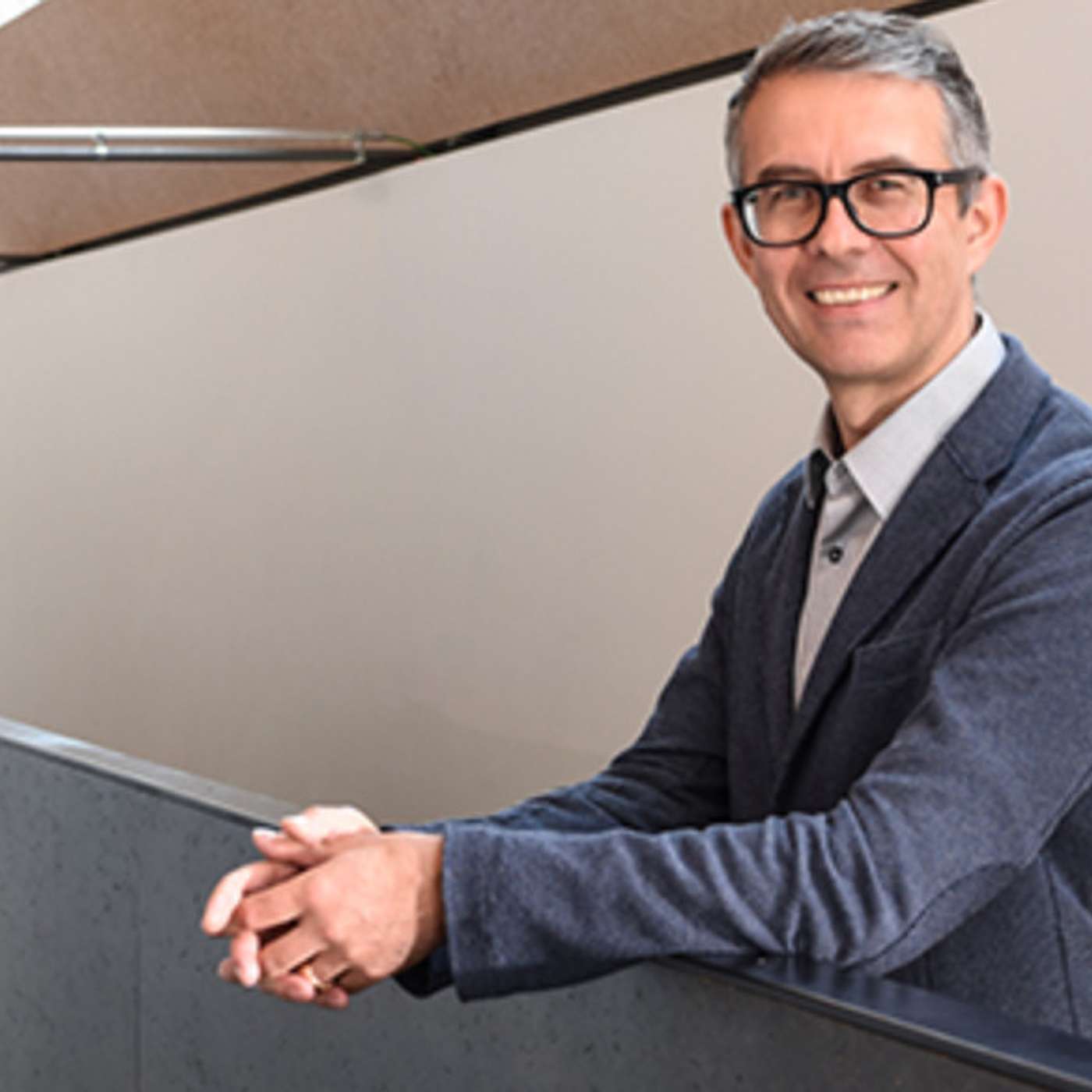 Conceptual Design podcast series - Episode 2 - Urs Meiste
1:14:02
Conceptual Design podcast series - Episode 2 - Urs Meiste
1:14:02
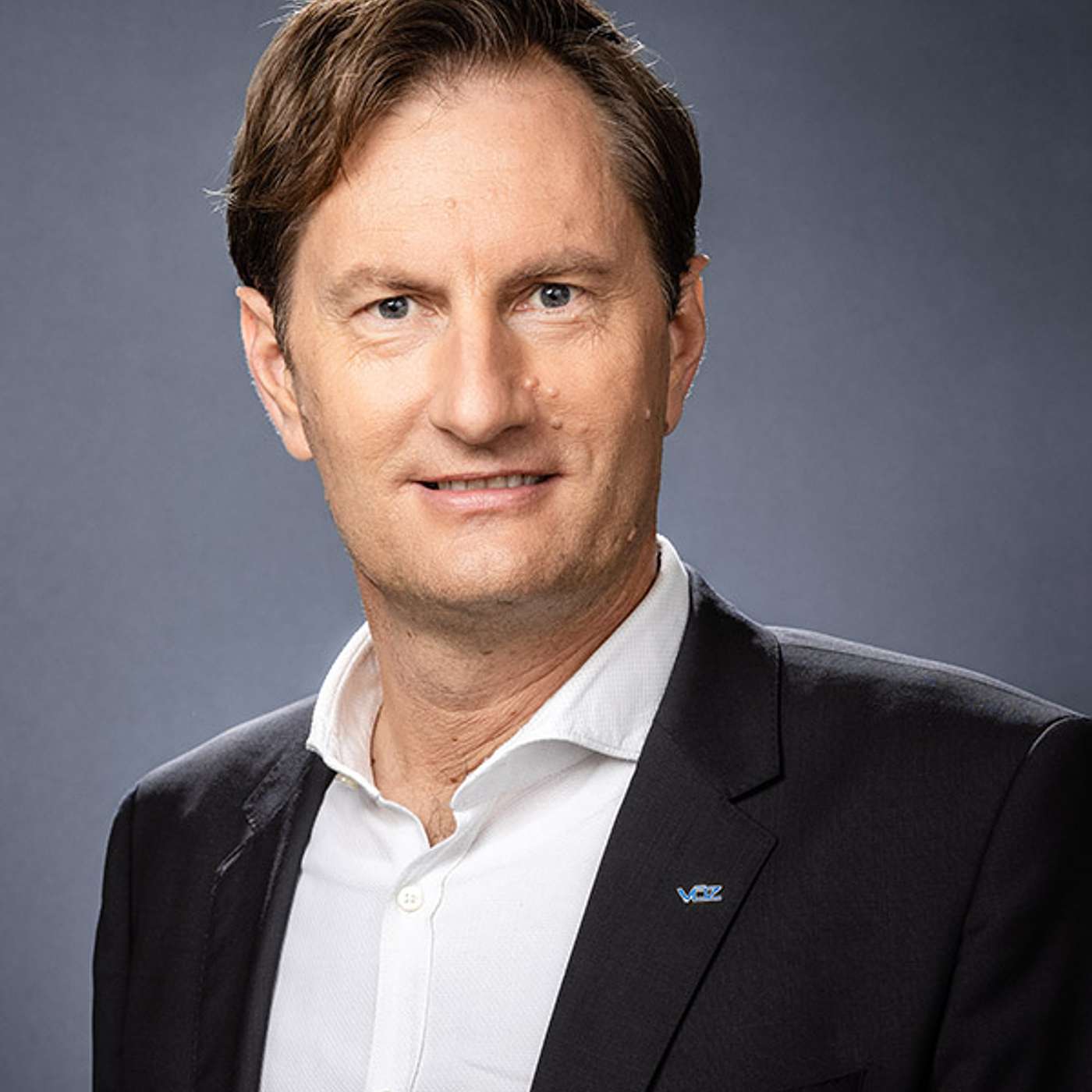 Concrete Sustainability podcast series - Episode 3 - DI Sebastian Spaun, Roadmap to CO2 neutrality of the Austrian Cement Industry
56:49
Concrete Sustainability podcast series - Episode 3 - DI Sebastian Spaun, Roadmap to CO2 neutrality of the Austrian Cement Industry
56:49
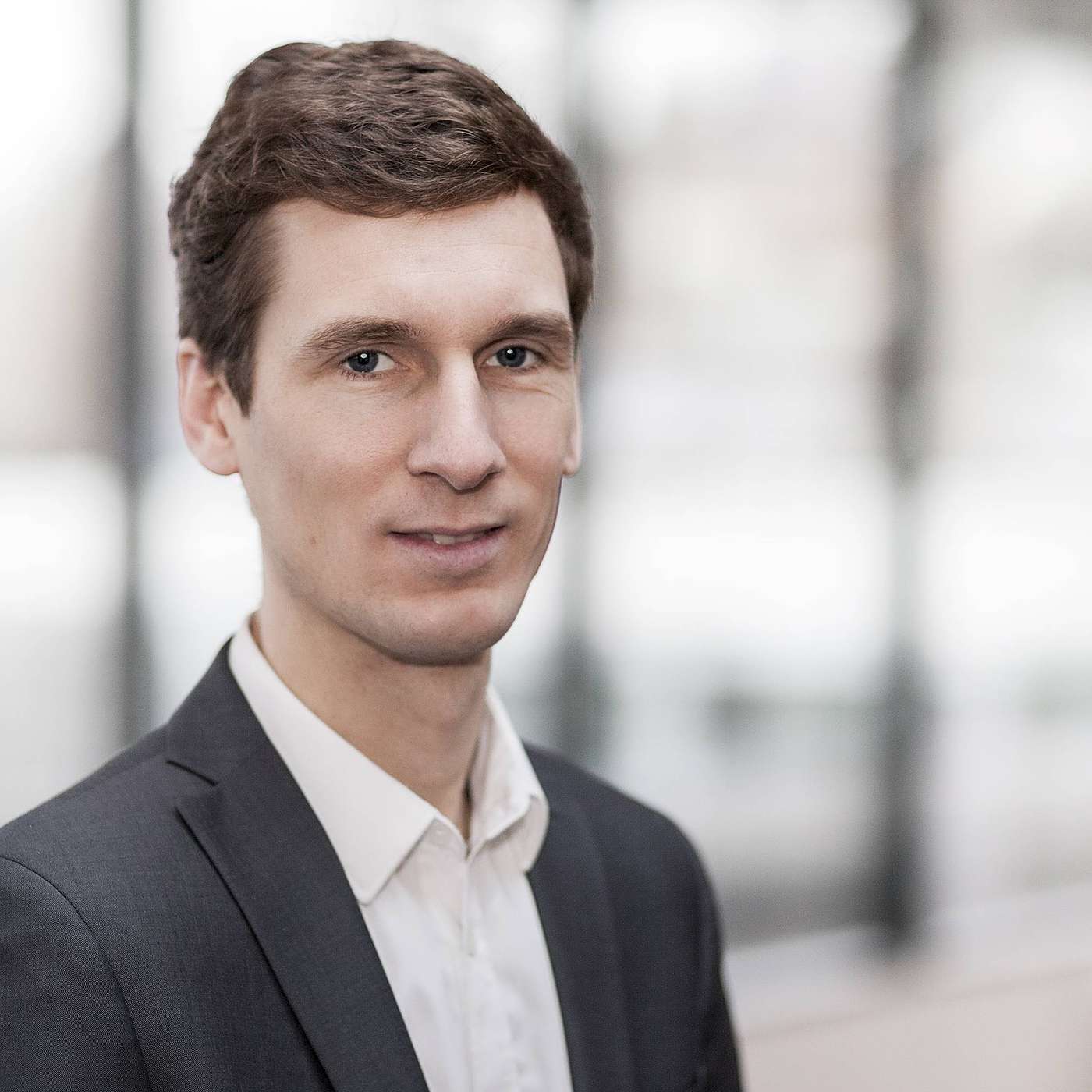 Concrete Sustainability podcast series - Episode 1 - Prof. Benjamin Kromoser from the University of Natural Resources and Life Sciences in Vienna
54:42
Concrete Sustainability podcast series - Episode 1 - Prof. Benjamin Kromoser from the University of Natural Resources and Life Sciences in Vienna
54:42
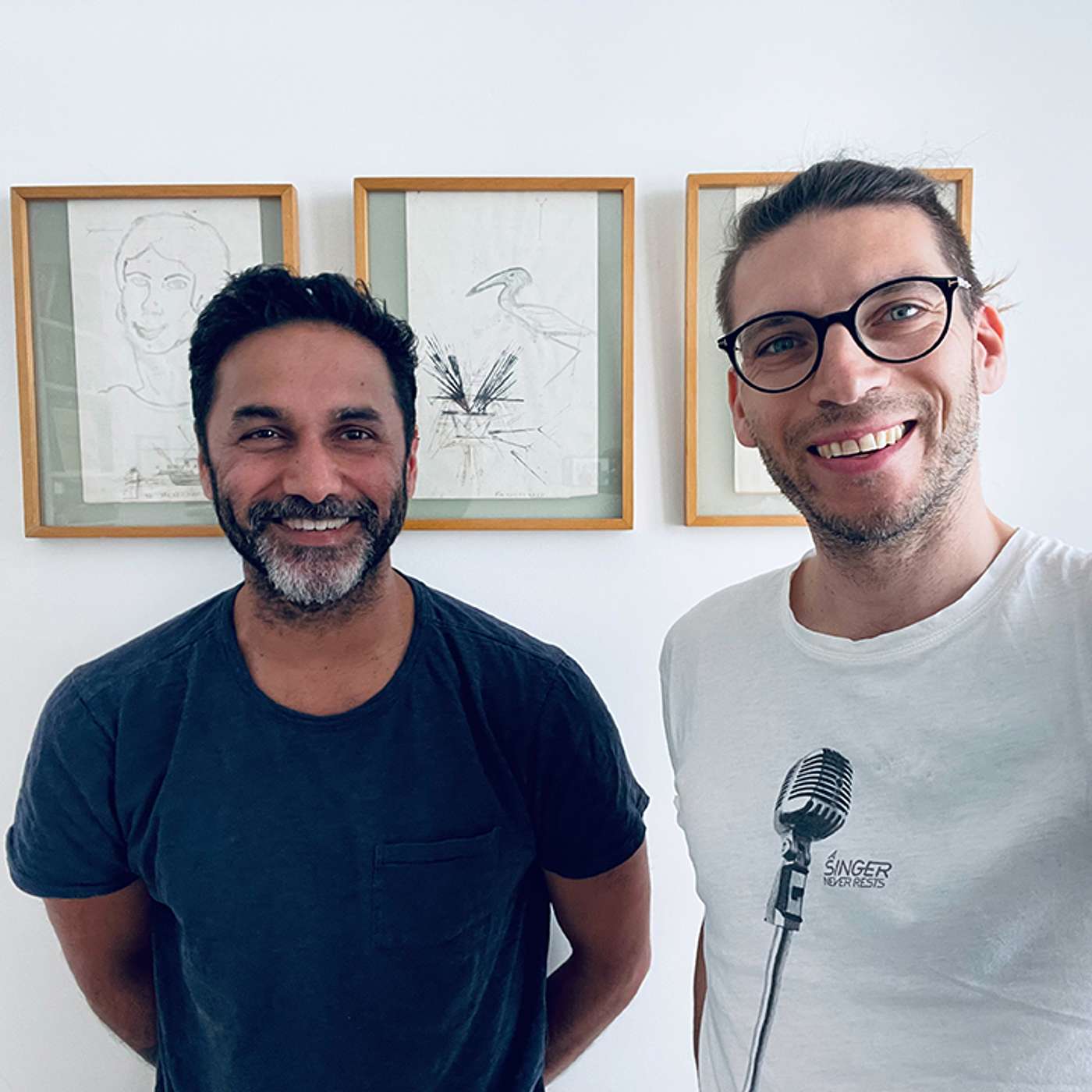 Conceptual Design podcast series - Episode 3 - Sony Devabhaktuni, Conceptual Design of Structures
1:03:27
Conceptual Design podcast series - Episode 3 - Sony Devabhaktuni, Conceptual Design of Structures
1:03:27
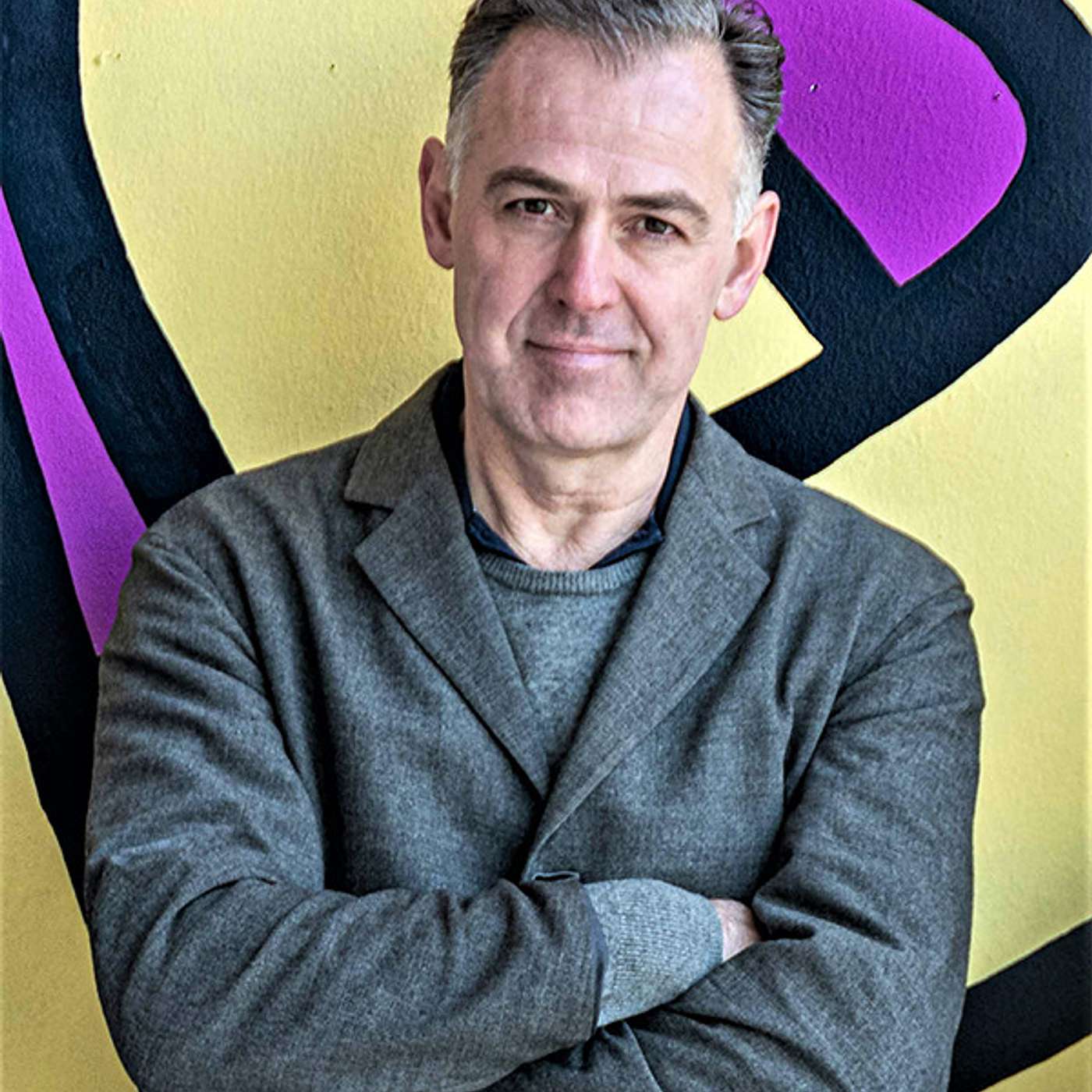 Concrete Sustainability podcast series - Episode 2 - Architect DI Thomas Romm, Circular Construction
48:11
Concrete Sustainability podcast series - Episode 2 - Architect DI Thomas Romm, Circular Construction
48:11
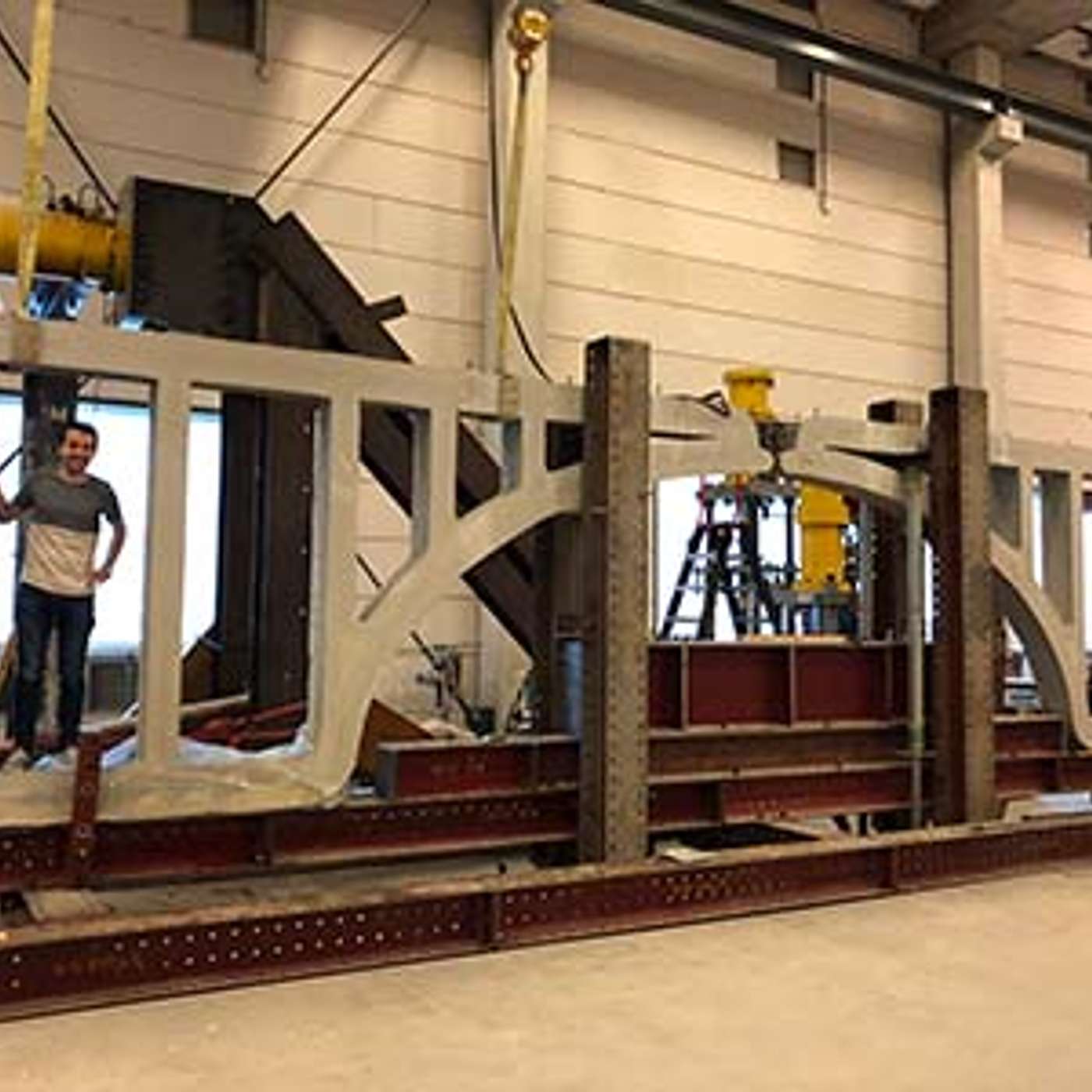 Rising Stars podcast series - Episode 3 - Dr Rob Wolfs, assistant professor at the Technical University in Eindhoven, the Netherlands
53:51
Rising Stars podcast series - Episode 3 - Dr Rob Wolfs, assistant professor at the Technical University in Eindhoven, the Netherlands
53:51
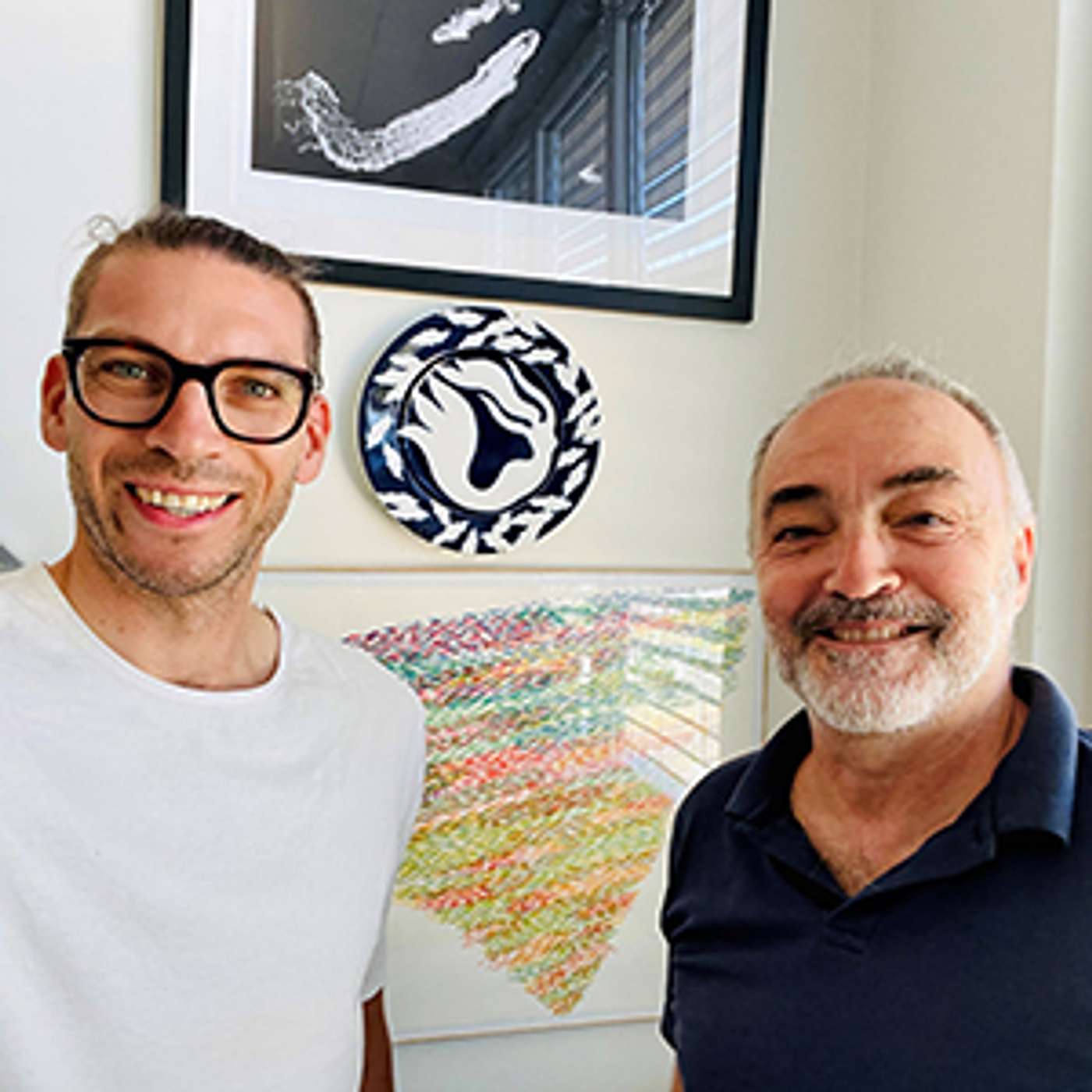 Conceptual Design podcast series - Episode 4 - Paolo Tombesi - Sydney Opera House Special
1:30:12
Conceptual Design podcast series - Episode 4 - Paolo Tombesi - Sydney Opera House Special
1:30:12
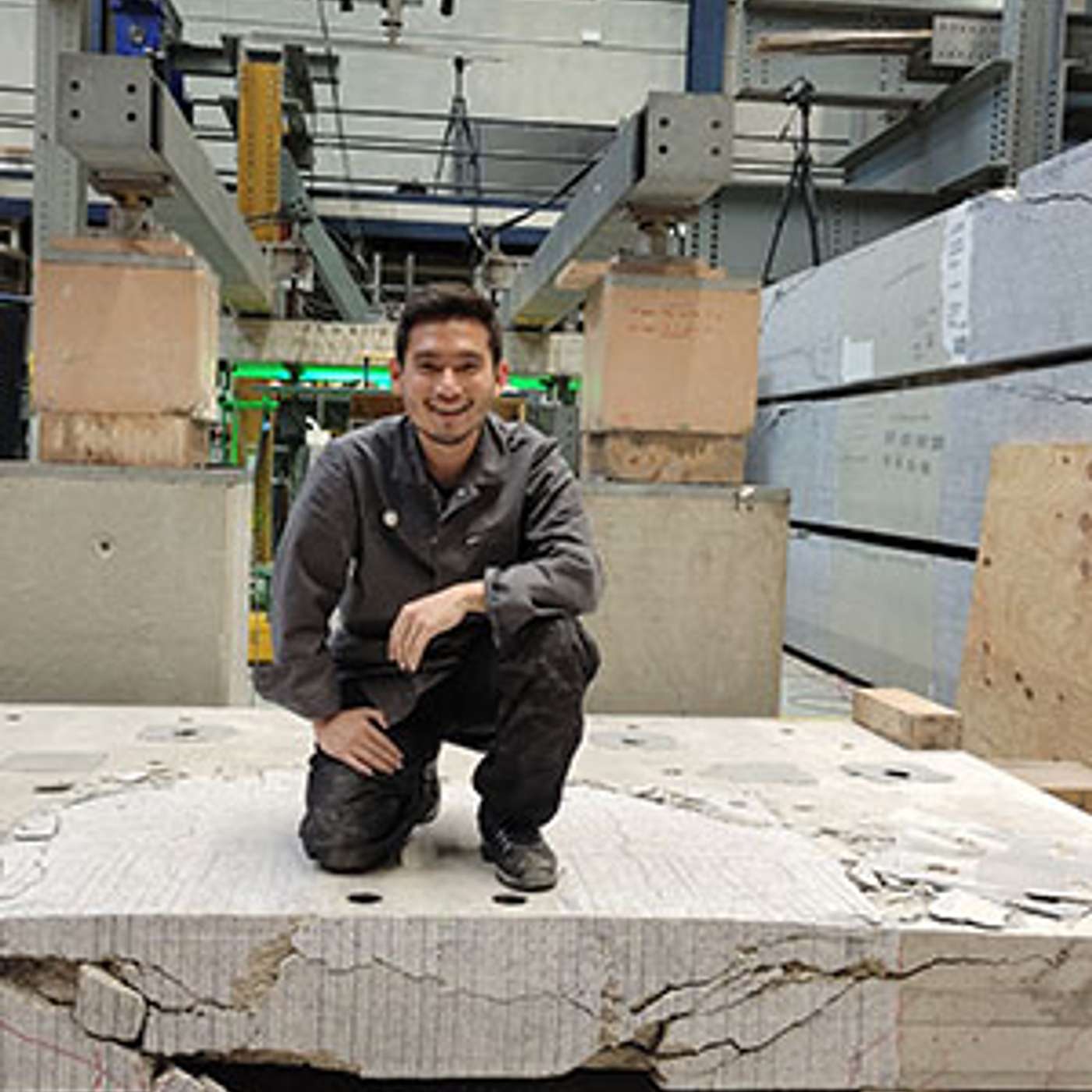 Rising Stars podcast series - Episode 2 - Dr Andri Setiawan, an incoming postdoctoral researcher at Universitat Politècnica de València, Spain
1:04:03
Rising Stars podcast series - Episode 2 - Dr Andri Setiawan, an incoming postdoctoral researcher at Universitat Politècnica de València, Spain
1:04:03
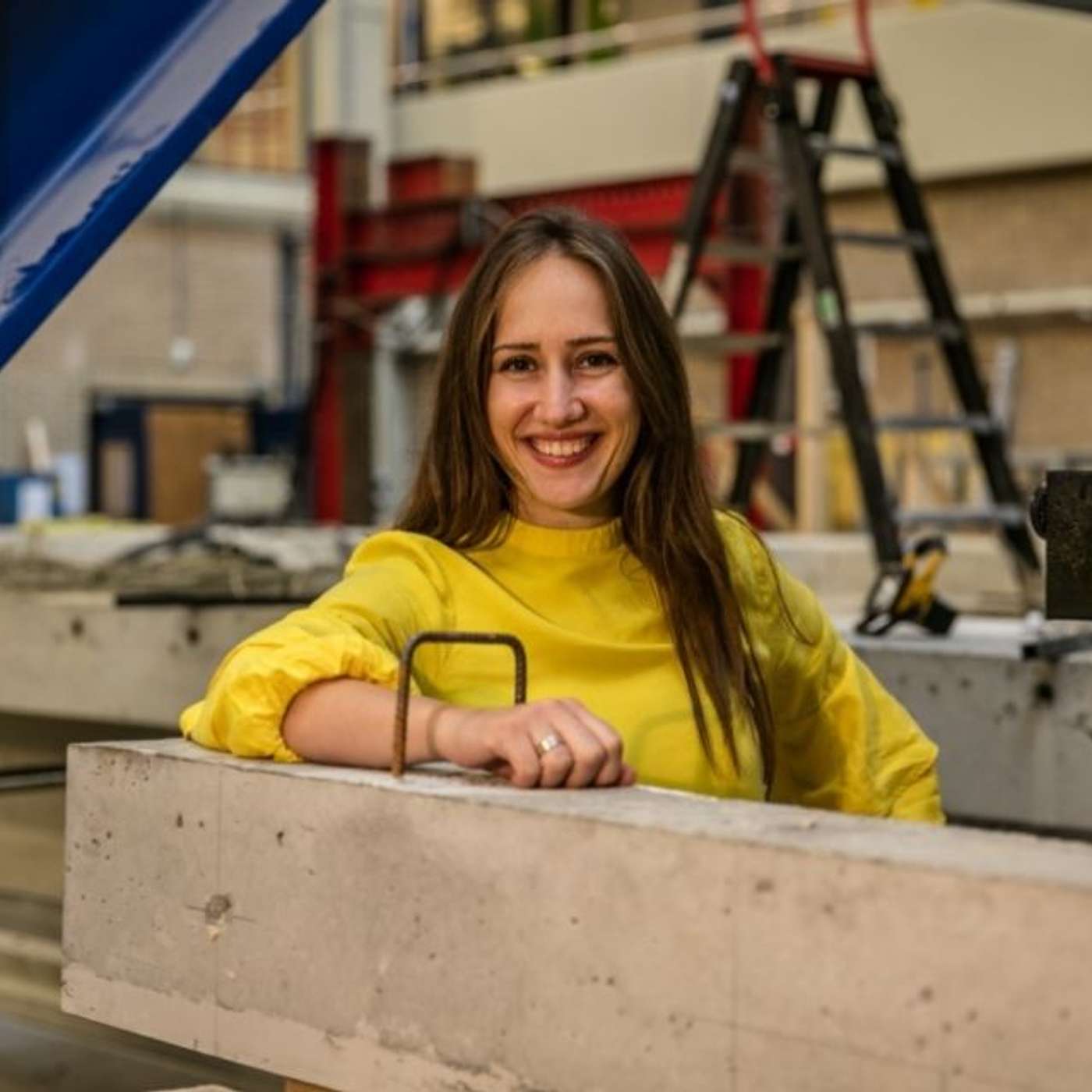 Rising Stars podcast series - Episode 1 - Dr. Mladena Luković from TU Delft
48:58
Rising Stars podcast series - Episode 1 - Dr. Mladena Luković from TU Delft
48:58
